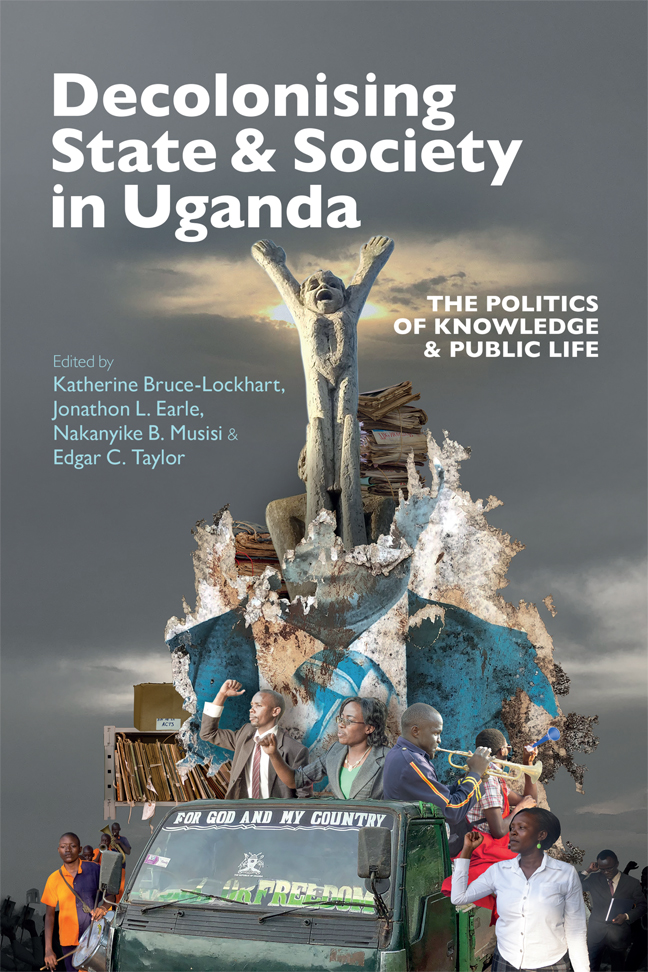9 - Coloniality and Power in Uganda's Archives
Published online by Cambridge University Press: 15 February 2024
Summary
We cannot decolonise what was never our to begin with – but we can always create. When we face the past we understand the present. In understanding the present, we shape our future. (Decolonising the Archive)
‘Are they here to recolonise the archive?’ In the summer of 2015, the authors of this chapter arrived in the eastern Ugandan town of Jinja to assist in the reconstruction and cataloguing of the district's administrative archive. Both White, female graduate students, we fit in with our peers either on the basis of common origin (North America) or common interest (Ugandan history). Our team – which consisted of Ugandan students of archives and records management and foreign students studying history and archaeology – stood out like a warning sign in the halls of the district administration. Early into our two-month residency, a civil servant asked one of our Ugandan colleagues if we had come to ‘recolonise the archive’. Though in 2015 there had not been much attention paid to the archive, there was an understanding of its relation to colonialism. Our whiteness seemed a confirmation of this relation.
Uganda's archival landscape is one conditioned by the colonial past and the neoliberal present. The High Court Archive, which can be found in downtown Kampala, is located in the colonial court structure built in the 1940s. Lawyers dressed in British-style legal attire move through its hallways, walking above tens of thousands of case files held in the basement. At the nearby Central Police Station, individuals held in police custody often walk past an overcrowded records room filled with decades’ worth of arrest reports. In the south-western city of Kabale, official records are housed in the original colonial government building, which sits next to a hanging tree formerly used for public executions. Throughout Uganda, archives thus remain intimately entangled with colonial power and its legacies.
This is particularly visible in the Jinja District Archives (JDA), which represent the largest repository of provincial records in Uganda. Nearly 15,000 files make up the collection, the oldest of which dates back to 1905. The records sit in the basement of the district government headquarters, also built in the colonial period.
- Type
- Chapter
- Information
- Decolonising State and Society in UgandaThe Politics of Knowledge and Public Life, pp. 197 - 221Publisher: Boydell & BrewerPrint publication year: 2022

